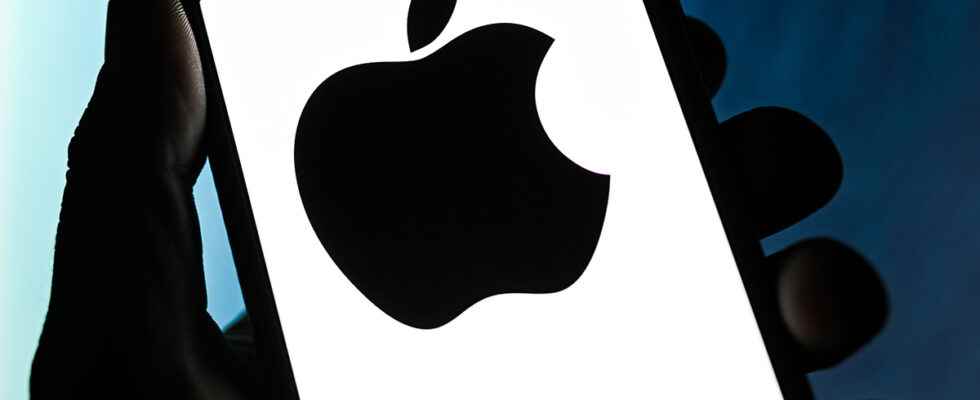And one more complaint! Apple is again attacked for planned obsolescence. At the maneuver, we find the aptly named Halt to planned obsolescence (HOP). In February 2020, this association had already succeeded in imposing a fine of 25 million euros on the apple brand. At the time, the DGCCRF (General Directorate for Competition, Consumer Affairs and Fraud Prevention) had been seized in the so-called case of the slowdown of certain iPhone models. The smartphones in question suddenly became slow following an update to iOS, Apple’s in-house operating system.
This time, HOP tackles another pillar of planned obsolescence, that of repairability. The association denounces the practice of “serialization” or “pairing” that Apple would have generalized in its mobile telephony offer. It consists of associating the serial numbers of the components and peripherals of a product with the iPhone model to which they relate, in particular via microchips.
More recently, this practice concerned, according to HOP, the parts most frequently subject to breakdowns such as screens, batteries or cameras. It would thus allow the Apple brand to limit the possibilities of repair, in particular with non-approved repairers.
A lock triggered during an update
“In many cases documented in the complaint, malfunctions are observed in cases where the device is repaired with a part, even identical and original, but not authorized by Apple software”, explains the association.
This locking system, or “lock-in”, can also be triggered during an update. For example, a repaired touch screen on an iPhone XR was rendered unusable after the iOS 16 update. of Apple origin which causes a touch problem, ”deplores the association.
For her, “these practices undermine not only the right to repair, but also the development of the reconditioning of smartphones, insofar as the devices put back into circulation risk suffering current or future malfunctions”.
“Deceptive marketing practices”
The sixty-page complaint aims to prosecute Apple on several counts, including those of deceptive commercial practices, failure to inform the consumer, and offenses assimilated to planned obsolescence.
HOP relies, on this last point, on the Agec law (Anti-waste for a circular economy). Promulgated in February 2020, it introduces new offences. Article L. 441-3 of the Consumer Code thus prohibits “any technique, including software […] intended to make it impossible to repair or recondition a device or to limit the restoration of all the functions of such a device outside its approved circuits”.
In conclusion, HOP considers that “malfunctions noted repeatedly, without information and without a solution provided to the consumer or the repairer, are not simple ‘bugs’. They aim to disadvantage independent repair or reconditioning, in favor of the sale of new smartphones or captive repair, at prices that are often dissuasive for the consumer”. A major challenge, knowing that nearly four million iPhones are sold in France each year, and that 80% of the carbon footprint of a smartphone is generated during its manufacture.
Purchasing power and environmental issues
The possibilities offered by repairability and reconditioning make it possible to reconcile the two major challenges of the moment: maintaining purchasing power and preserving the planet.
According to a study by the IFOP for the specialist SMAART, more than six out of ten French people say they have bought or intend to buy a refurbished smartphone, six points more than in 2021.
Riding the trend, some manufacturers have made durability a competitive advantage, like Fairphone. The modular design of its smartphones makes it possible to replace, in the turn of a screw, a screen, a battery or a loudspeaker. The French Crosscall offers terminals with a hardened case, guaranteed for 10 years. It notably equips the Gendarmerie and the National Police.
Environmental impact and transparency
In defense of Apple, it should be noted that the Cupertino company gives some pledges in terms of reducing CO2 emissions from its products. The Cupertino company is one of the few manufacturers to communicate the environmental impact of its products online. It aims to be carbon neutral by 2030.
Apple has also just launched its self-service repair program in France. From a dedicated site, the manufacturer provides experts in the repair of electronic devices with manuals, tools and original parts in order to restore its iPhones to the state of the art.
